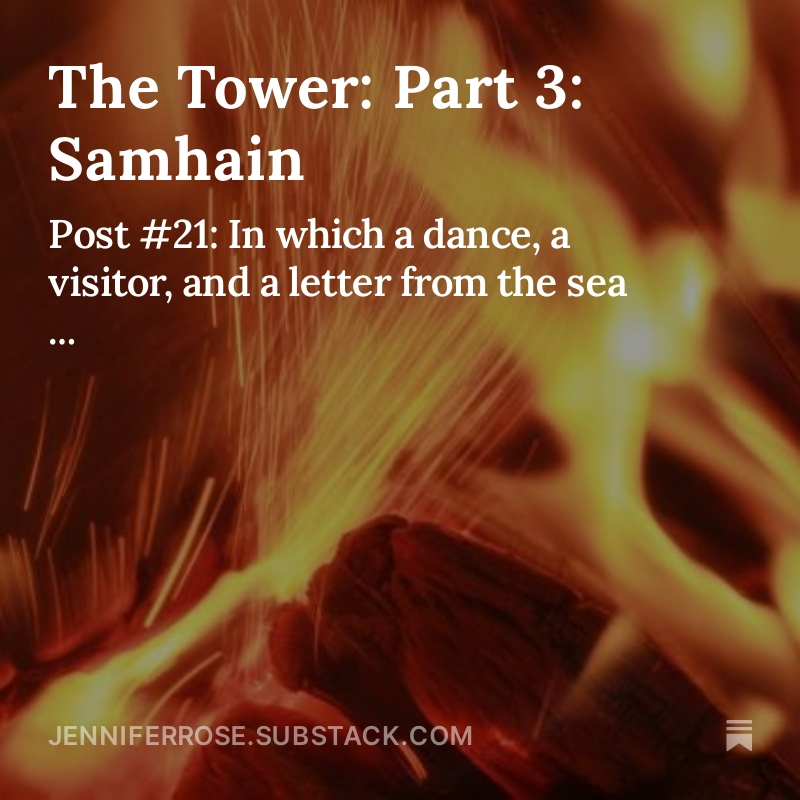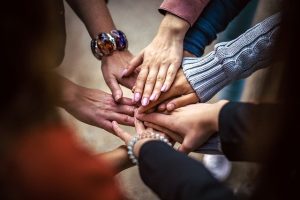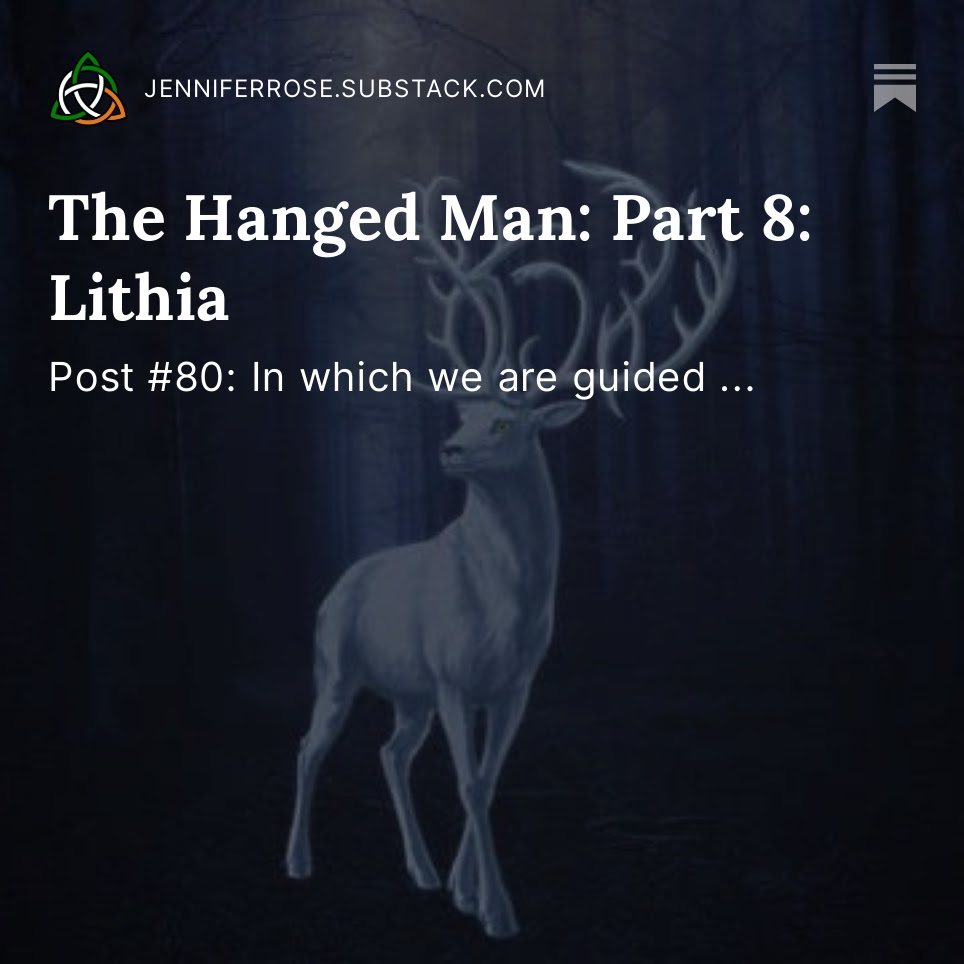Losing Touch
My work team and I are always on the lookout for new ways to work with our pool patrons. We look for new moves and songs for water exercise classes and new ideas for working with swim lesson kids. 
A few weeks ago, a team member remembered an old book she’d seen titled The New Games Book. She remembered it as a resource for non-competitive games focused on play and teamwork rather than winning and losing, and we wondered if we could adapt some of the games to the water. I was interested, as I’m notoriously noncompetitive, to the point where a competition of any kind feels traumatic. Fortunately, we have a local librarian as a pool patron; she found a copy of the book. The copyright is 1976. The Dark Ages.
It is indeed filled with a variety of games, as well as black-and-white photos of people playing.
People playing. People in parks and other common outdoor areas, people of all ages, laughing, smiling, playing, and … touching. Dogs, too. It was like looking at a different world. I paged through the book, marveling, feeling sad about how much we seem to have lost. In the end, we concluded we couldn’t adapt any of the games to the water because they all involve touching.
We can’t adapt noncompetitive, team and community-building games for kids from this book because they all involve touching. It seems unbelievable.
I don’t blame the pandemic. It didn’t help matters, for sure, but social physical contact began to diminish before that. We’ve been gradually turning away from each other to look at screens for decades now, and as that’s happened social touch has become vilified.
When was the last time you went to the park to walk your dog (or just yourself), maybe with your kid(s), your mate, or a friend, met other people from your neighborhood there, and you all (dogs, too) played a silly game, or even something like frisbee?
Yeah. Me, too.
People play video games online together. My sons do that, one in Colorado and one in Montana. They’ve been doing it for years, even when they both lived in Colorado and could have gone to the park together.
Culturally speaking, we’ve never dealt well with touch. How could we in the context of patriarchy and rape culture? I’ve been raped, and I’ve been hit. I knew it wasn’t okay for a man to hit me, but at least it was some kind of touch. Believe me, I know how terrible that sounds, but I have always been so skin hungry because of infancy and childhood touch deprivation, even getting hit was better than no touch at all. It made me feel real. Blood and bruising are real. It made me feel alive – for a moment.
Can any of us be fully healthy without appropriate social touch? I know I can’t.
I have several friends who are uncomfortable with touch. Two were raised in the Catholic church, a fine patriarchal and shame-based system. One was sexually abused as a child.
Social touch is so complicated. How do we mandate appropriate touch? What do we do with adults who believe nonconsensual sexual contact with children is healthy and natural? How do we address boundaries, self-respect, sexuality, and family planning? What do we do about rape? How do we protect children whose parents believe physical abuse is the best way to discipline them? How do we know when it’s safe to touch someone and when it’s not? How do we incorporate the idea of consent back into our lives?
Now AI looms over us. Every day I read predictions about its influence, about those who are experimenting with it. I hear from people who predict AI is the end of all creative culture and people who believe it will support and nourish creativity.
One thing I know: No technological immersive experience, no matter how well crafted or engineered, can replace living, breathing physical interaction. Physical intimacy (not just talking about sex) is sensual – it involves all our senses, including the marvelous, taken-for-granted organ we call our skin. Human physicality is not a sterile algorithm. It’s not a porn film. It’s not filtered, airbrushed, photoshopped. A human being is a mass of contradictions, of scents, sounds, and textures. We’re unpredictable. We’re illogical. We’re beautiful and hideous, sacred and profane. Interacting in healthy, useful ways with other humans is challenging, offensive, and often dangerous. Also hilarious, fascinating and, increasingly, necessary if we want to survive. Human relationships are not fairytales, rom coms, TikTok videos, or roleplaying games.
I don’t believe we can make a substitute for human touch. Our bodies and perhaps our souls cannot thrive without it. Yet we are steadily eroding our ability to exchange or even recognize healthy touch, to the extent that the documented behavior of one of our most powerful political influencers is a clear demonstration of rape culture in action, and his followers, many in the top tiers of power, either don’t care or actively support his misogyny.
Touch, like climate, like food, like political systems, is unbelievably complex. At the same time, we must have a planet that supports our physical needs, we must eat to live, and unless we’re the last person on the planet we must figure out how to make decisions with others. If we don’t do those things, our species will die. Life and death as a binary are not complex at all.
If we lose touch, how much meaning, pleasure, and health will we lose from our lives? As our ability and willingness to exchange appropriate touch diminishes, are we healthier and better connected or increasingly divided and unhealthy? Note the present mental health crisis among young people. Most agree enforced isolation during the pandemic did not support our social needs, especially the health and development of children. At the same time, we deliberately and cheerfully offer ourselves every day to technology that actively and purposefully isolates us from living, breathing, face-to-face interaction with the physical world and other people without even noticing.
When I try to imagine a world without the feel of my cats, the earth and plants outside my window, supple bread dough rising in its greased bowl, the laptop keys under my fingers, a cup of hot tea between my hands, cool water against my body as I swim, the energetic little bodies of children I teach to swim, and all the other countless things I touch each day, I can’t. I don’t want to. My brain might be fooled by an immersive AI experience, but it’s hard to believe my body could ever be nourished and satisfied by one.
As I was thinking about this post, I came across an essay from a poet I follow on Substack, Anagha Smrithi, titled “In the Age of AI, Poetry Matters More Than Ever.” In it, she wrote:
“Our hands need something to hold onto. Our fingers need something to touch.”
I’m glad it’s not just me who values touch.
Questions:
- How do you feel overall about human touch?
- Who in your life are you able to exchange healthy touch with?
- Do you prefer your social life to be online or in person?
- What’s a favorite tactile sensation or texture?
Leave a comment below!
To read my fiction, serially published free every week, go here: 




